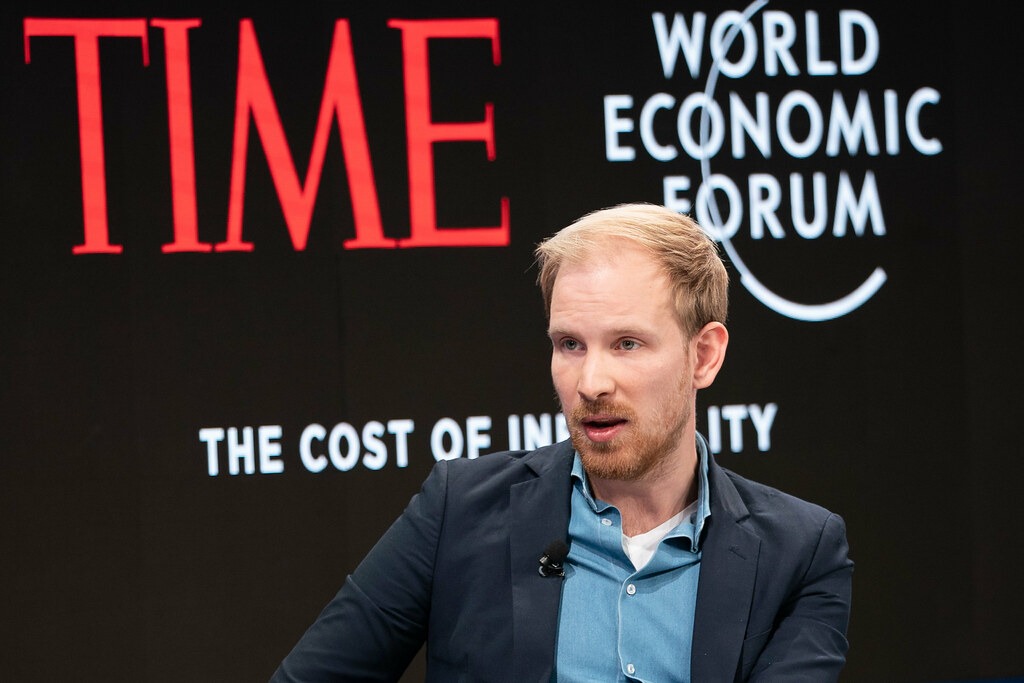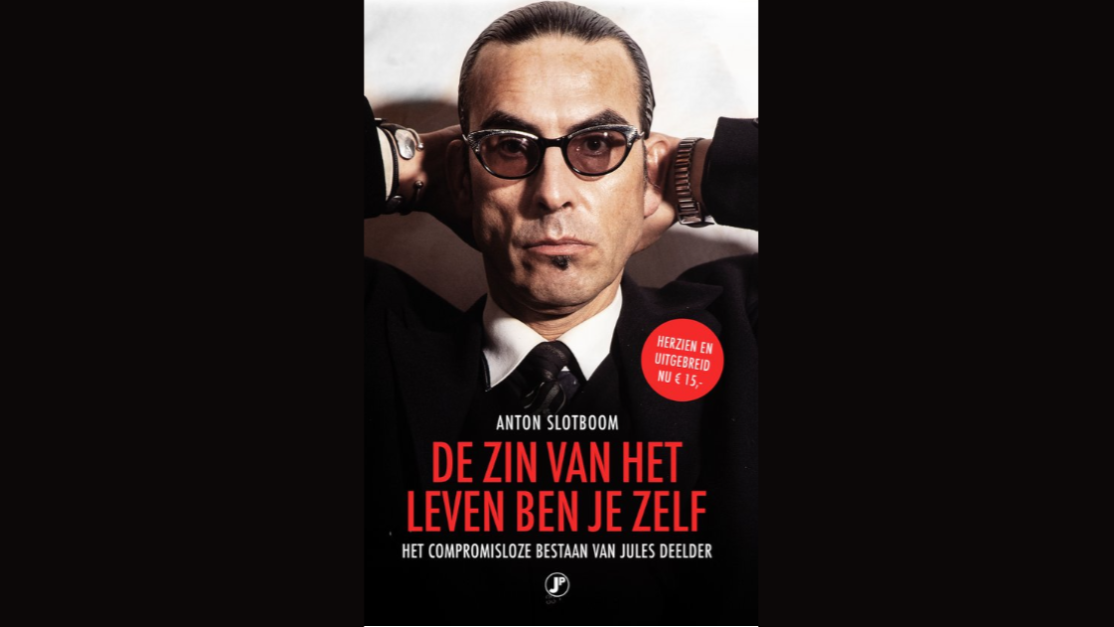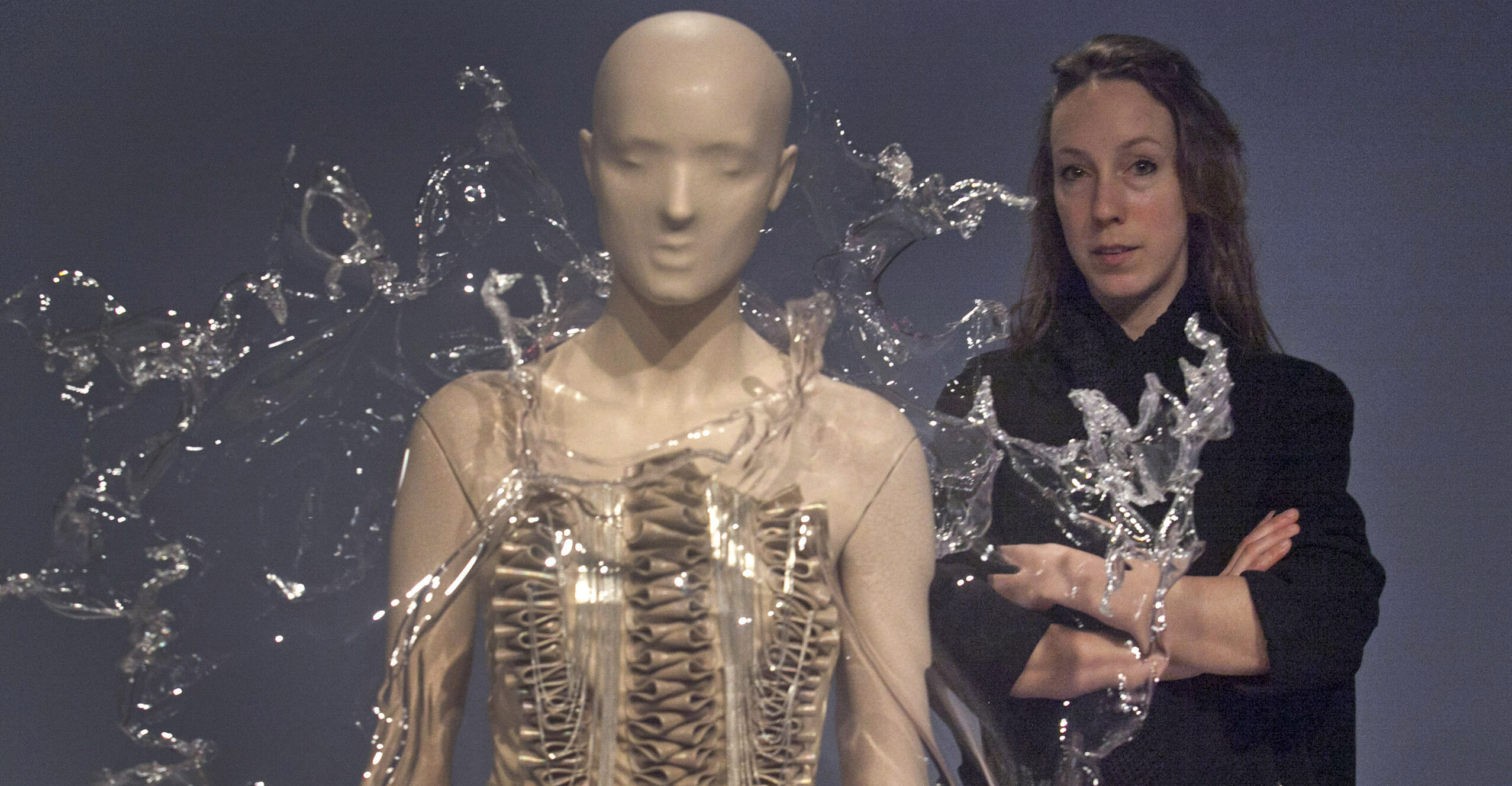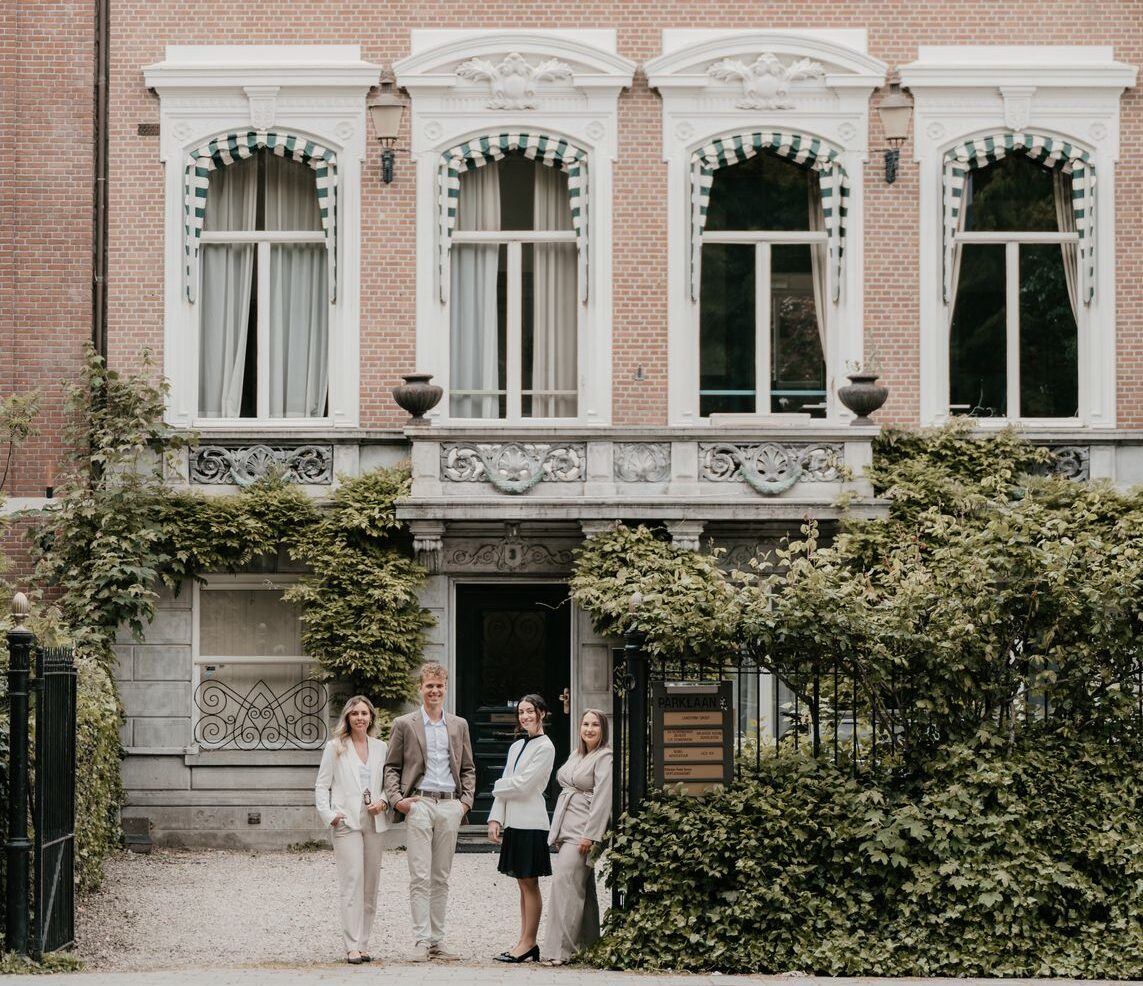A Thinker with Bold Ideas
Rutger Bregman is a Dutch historian, author, and thought leader who loves to rattle the cage of conventional wisdom. Born in 1988, he’s become a global sensation, impressing the world with his fresh views on economics, history, and social progress. His ideas are a breath of fresh air, sweeping away pessimism, and painting a future where fairness, equality, and innovation reign supreme.
Utopian Thinking with a Realistic Twist
Bregman believes that big dreams are the seeds of big change. In his bestselling book Utopia for Realists (2014), he champions universal basic income, shorter workweeks, and open borders – ideas once dismissed as wild fantasies but now sparking conversations worldwide. He doesn’t just dream; he digs into history, showing how ‘impossible’ ideas of the past became yesterday’s revolutions.
The Man Who Took on the Elite
In 2019, Bregman stole the spotlight at the World Economic Forum in Davos, where he boldly called out billionaires for dodging taxes and avoiding paying their fair share. His fearless wit and unapologetic honesty turned him into an overnight hero for those fighting inequality. It was a moment so electric, you could almost hear the collective gasp of the elite.
‘Humankind’: A New Perspective on Human Nature
In Humankind (2020)/De meeste mensen deugen, Bregman flips the script on the age-old belief that humans are selfish by nature. Through a mix of history and science, he makes a compelling case that people are, at heart, kind, cooperative, and brimming with potential. His optimism is a beacon of hope, especially in times when the world feels a little too chaotic.
A Voice for Change
With razor-sharp insights and a gift for storytelling, Rutger Bregman keeps pushing boundaries and challenging the old guard. Whether through his books, speeches, or media appearances, he’s a tireless advocate for a world that’s fairer, brighter, and unapologetically hopeful.
Rutger Bregman quote
‘Wat is dit radicale idee dan? Dat de meeste mensen, diep van binnen, behoorlijk fatsoenlijk zijn.’
‘So what is this radical idea? That most people, deep down, are pretty decent.’










